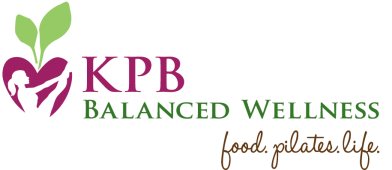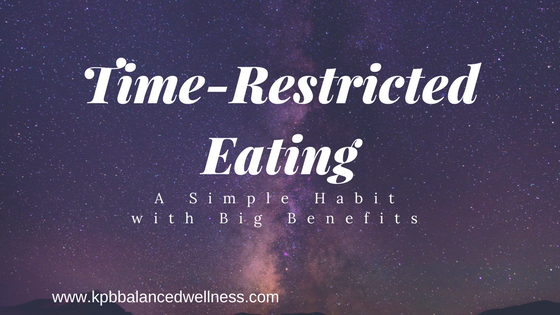This one habit has been shown to reduce the risk for reoccurrence in breast cancer survivors by 36%. Imagine what else it can do?!?
Fast for 13 hours. Every night. That’s it.
You don’t even have to change what you eat. And the bonus? That isn’t the only benefit. It also reduces the risk of a couple of other biggies:
- Reduced A1c levels = reduced risk of Diabetes
- Reduced CrP levels = reduced Cardiovascular Risk
Time-restricted eating has shown many benefits:
- Deeper Sleep
- Reduced Heartburn
- Improved IBS
- Better Gut Health
- Slowed Tumor Growth
- Reduced Inflammation
- Weight Loss
And truth be told, you don’t even have to fast every night. Say on Saturday night you go out with friends and have a late night. No problem. Just get back on the train on Sunday night, no harm, no foul.
The idea of a nightly fast beyond just the 8 hours you are sleeping has been around forever. But, what is really exciting is now there are some serious clinical studies that answer questions we didn’t have answers to yet. In fact, this was the first clinical study on nightly fasting and cancer prognosis. Here are some of the criteria to get the full benefits of the 13-hour fast:
Minimum 13-Hours
What this study shows is that you need at least a 13-hour fast to begin to see a shift in breast cancer reoccurrence risk. (Imagine how it reduces your risk of breast cancer in the first place?!?) The extra hour brings a big jump in benefit, as in a 36% reduction in risk.
Begin Your Fast No Later than 8pm
According to Dr. Patterson (one of the authors of the study) starting the fast earlier in the evening proved to be more beneficial. If you start your fast at 9pm or later, the benefits don’t hold. Ideally, you need to finish eating 3-4 hours before heading to bed. If 10pm is your target bedtime, finish eating between 6-7pm. However, even if your target bedtime is midnight, eating later into the evening throws off your circadian rhythm and the benefits of the time-restricted eating don’t hold.
Coffee May or May not Count
Truth be told, this one isn’t definitively decided yet. Bummer. In Dr. Patterson’s study, coffee was not counted as breaking the fast, so the reduced reoccurrence of cancer still held if you drank black coffee outside the eating window. According to Dr. Satchin Panda (who studies circadian rhythms) he recommends drinking coffee only during your eating window if you can, if you must have coffee sooner, then only black coffee.
Circadian Rhythm
Why does time-restricted eating work so well? It works largely, because it simply brings us back in line with our natural circadian rhythm. Allowing the gut to take a rest allows the body to focus on other priorities. For one, it allows for deeper sleep giving the body the opportunity to do more detoxification and repair work overnight. In essence, following a time-restricted eating habit allows your body to work more easily and efficiently.
I’ve been doing a minimum 12-hour fast for several years now and have started playing more with the 13-14 hour fast. On the days I eat later, my body is none too pleased. It has been interesting to see how much my body adjusted to this lifestyle and how it doesn’t want to go back. I definitely sleep better this way and feel better the following day with more energy, clearer thinking and even a better mood.
Have you tried any form of time-restricted eating? Where is your happy place? Do you prefer a 12, 13 or 14 hour fast? Or do you do a 16 hour fast? Share in the comments below, I’d love to hear from you!
Resources:
Prolonged Nightly Fasting and Breast Cancer Prognosis
Dr. Satchin Panda on Practical Implementation of Time-Restricted Eating and Shift-Work Strategies
Dr. Ruth Patterson, Ph.D on Time-Restricted Eating in Humans and Breast Cancer Prevention


